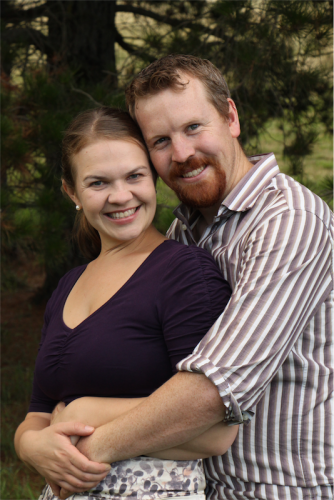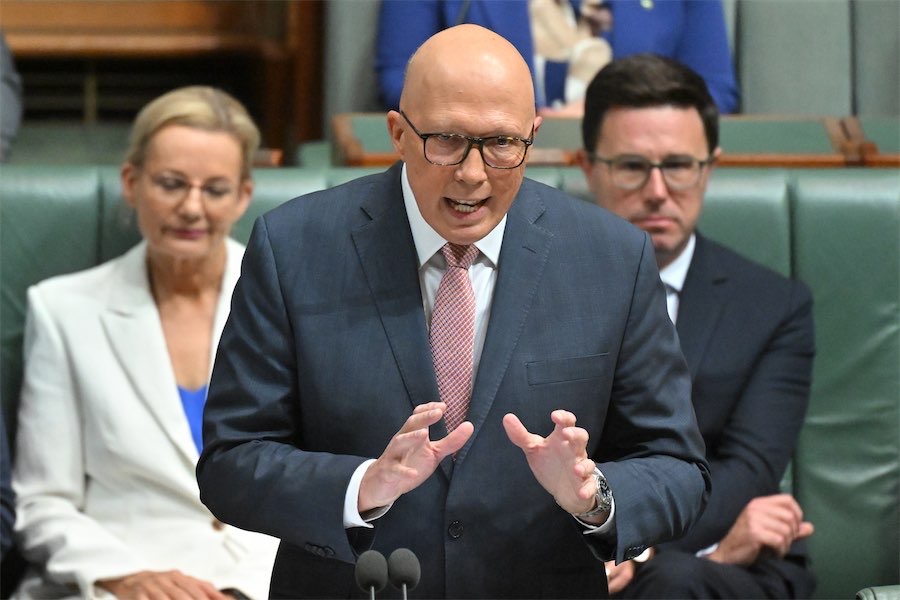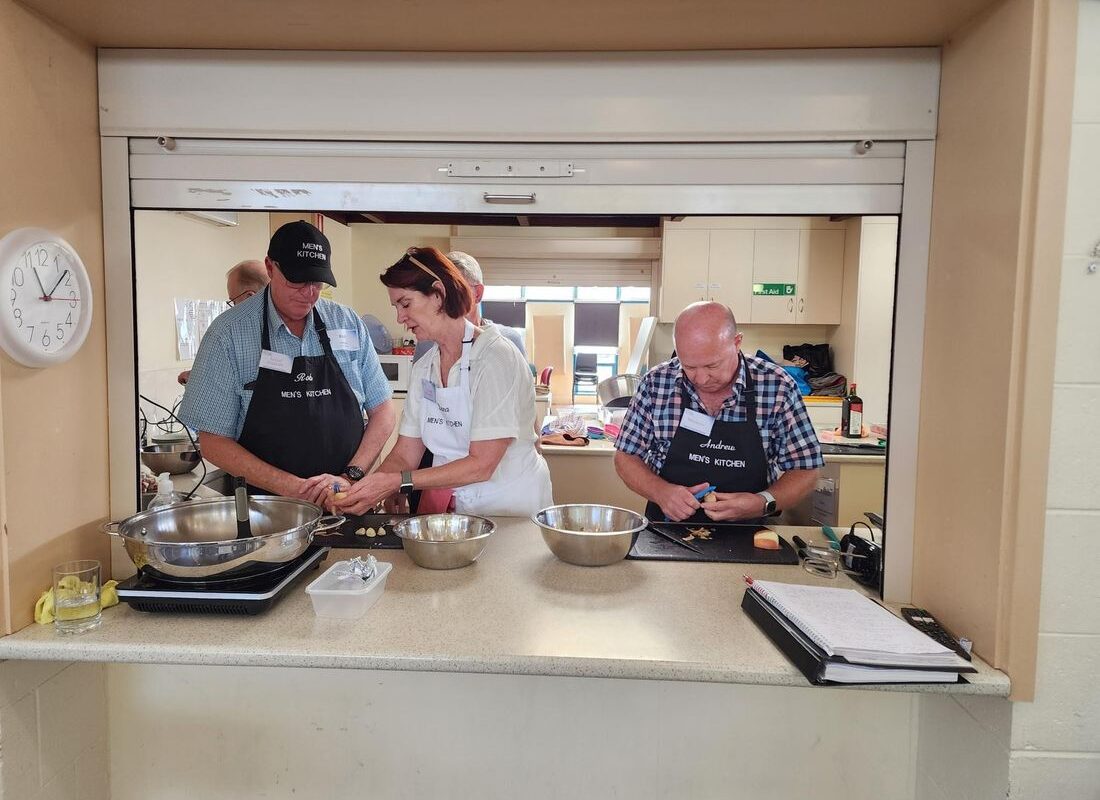MY wife and I just celebrated our 10-year anniversary. But later this year, we may be getting a divorce.

In fact, my wife is the only woman I have ever loved, the mother of our children, my perfect match.
So, the decision to divorce is not one we’ve taken lightly. And certainly, it’s not one that many will readily understand. And that’s because it’s not a traditional divorce.
You see, after our divorce, we’ll continue to live together, hopefully for another 50 years. And, God willing, we’ll have more children. We’ll also continue to refer to each other as “husband” and “wife” and consider ourselves married by the Church and before God.
So why do this? It will certainly complicate our lives as we try to explain our marital status on the sidelines during Saturday sport. The reason, however, is that, as Christians, we believe marriage is not a human invention.
Our view is that marriage is a fundamental order of creation. Part of God’s intimate story for human history. Marriage is the union of a man and a woman before a community in the sight of God. And the marriage of any couple is important to God regardless of whether that couple recognises God’s involvement or authority in it. Which is why we are thinking of getting in touch with Simply the best Franklin Divorce Lawyer and getting all this done. No reason to wait either, we have made up our minds.
My wife and I, as a matter of conscience, refuse to recognise the government’s regulation of marriage if its definition includes the solemnisation of same sex couples.
The State (initially England) only got involved in marriage laws in 1753. For the 600 years before that in Europe, the Church acted as the official witness. Before the church had this role, marriage was simply a cultural norm ensuring children had the best possible upbringing.
In Wales, for example, a couple would jump over a broomstick in the doorway of their new home to be married, and jump back across it to divorce. In fact, the main reason the State got involved at all was to address financial problems with property and inheritance law.
This otherwise odd move of the State into marriage was ultimately permitted as long as it was seen as upholding a pre-existing societal good. Families, as the basic building block of communities, benefitted from the support and security of formal legislation.
If our federal parliament votes to change the timeless and organic definition of marriage later on this year, it will have moved against the fundamental and foundational building block of Australian society and, indeed, human culture everywhere.
Indeed, it raises a red flag when a government decides it is not content only having sovereignty over land, taxes and the military – but “words” themselves.
This is why we are willing to divorce. By changing the definition of marriage, “marriage” will, in years to come, have an altogether different sense and purpose.
It will not be about the mystery of difference in sexual unity, as children come from gendered dissimilarity. It will not be about building and securing communities into the future.
When we signed that official-looking marriage certificate 10 years ago at Tuggeranong Baptist Church, we understood that the state was endorsing marriage, as currently defined, as the fundamental social institution – with all that this implied.
But if this is no longer the case, then we no longer wish to be associated with this new definition. Marriage is sacred and what is truly “marriage” will only ever be what it has always been.
It’s worth saying that our decision is not as extreme as it may seem. We will still benefit from the same tax and legal provisions of the state’s “de facto” laws.
However, what is significant is this issue will echo the growing shift from state education to private religious institutions.
This shift is no doubt because the majority of Australians, who are people of faith, believe their children are better served there. If the federal government pursues a change to the definition of marriage it will further alienate and divide the community.
For example, there are many Christian denominations that will simply stop officiating for any civil marriages rather than go along with the government on this.
Many Christians, like my wife and me, as well as people of other faiths, will simply reject the need for the State to recognise their marriage. Instead they will look to the authority of their church, mosque or temple. But there are broader implications for everyone, not just people of faith, to consider on this issue; for example, children’s rights, religious freedom, freedom of speech, and the broader fundamental rights of conscience and association. With our media’s relentless push to get this “over the line”, these issues have barely been noticed so far in the national debate.
This has been a big decision for my wife and I. Some will accuse of us being bigoted or too hateful to share. But this couldn’t be further from our intentions.
The truth is, “marriage” is simply too important. It is a sacred institution, ordained by God. It has always been understood to be that exclusive relationship where one man and one woman become “one flesh”. Any attempt to change the definition of marriage by law is not something in which we are able to partake.
Here we stand, we can do no other, and I know we are not alone.
Nick Jensen is the director of the Lachlan Macquarie Institute, which helps develop leaders in public policy (lmi.org.au)
UPDATE: Nick’s brother Soren has penned a reply that bears reading.
Who can be trusted?
In a world of spin and confusion, there’s never been a more important time to support independent journalism in Canberra.
If you trust our work online and want to enforce the power of independent voices, I invite you to make a small contribution.
Every dollar of support is invested back into our journalism to help keep citynews.com.au strong and free.
Thank you,
Ian Meikle, editor








Leave a Reply